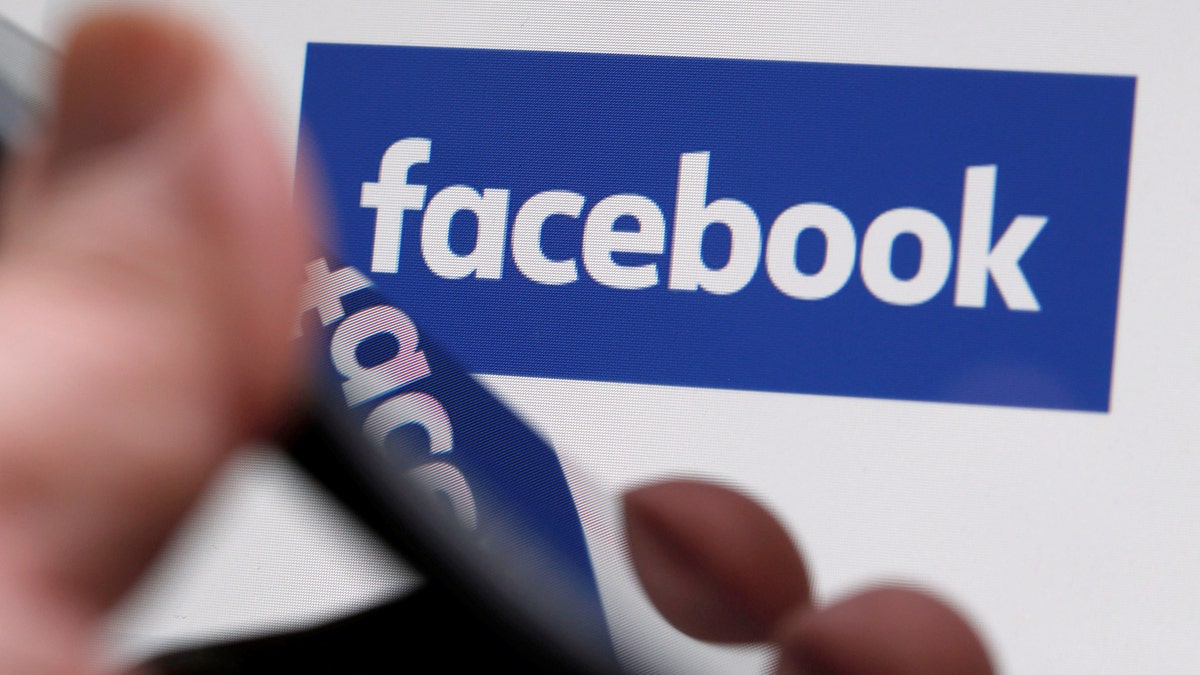
The Facebook logo is displayed on their website in an illustration photo taken in Bordeaux, France, Feb. 1, 2017. (REUTERS/Regis Duvignau)
Feel like you spend too much time on social media? Facebook just introduced some new tools that can help you curb your addiction to its platforms.
Because the first step to fixing a problem is realizing you have one, there's now a way to see how much time you spend on the Instagram and Facebook apps each day, on average. Gather up your courage and head over to the settings page on the Facebook or Instagram app; on Instagram, tap "Your Activity" and on Facebook tap "Your Time on Facebook." Doing so will bring up a dashboard showing your usage stats.
On the down side, the stats only show how much time you spent using the app on that device. It won't include the time you spent browsing Facebook or Instagram on your desktop at work, for instance.
Underneath the dashboard, you'll find a new option called "Set Daily Reminder." This will let you specify how much time you want to spend on Facebook or Instagram in a given day – say, 15 minutes – so you'll get an alert when you reach that self-imposed limit.
More From PCmag
Facebook is also introducing a new way to limit your notifications when you need to focus. Underneath the option to set a daily reminder, you'll see "Notification Settings." Tap that to access the new "Mute Push Notifications" setting.
"We want the time people spend on Facebook and Instagram to be intentional, positive and inspiring," Instagram Product Management Director Ameet Ranadive and Facebook Director of Research David Ginsberg wrote in a Wednesday blog post. "Our hope is that these tools give people more control over the time they spend on our platforms and also foster conversations between parents and teens about the online habits that are right for them."
Facebook said it developed these new tools in collaboration with mental health experts and academics using feedback from the community.
Facebook earlier this year changed up its News Feed ranking algorithm to start showing users more posts from family, friends, and groups they are part of, and less content from businesses, brands, and media organizations – a move intended to make the service better for people's well-being. The social network in December acknowledged that passively reading your Facebook News Feed isn't always good for your mental health. Those who interact with posts (commenting, liking, etc.) tend to feel better about themselves than those who just scroll and scroll, the company found.
Meanwhile, Instagram recently introduced a feature that informs you when you've seen every new post from the last two days, so you'll know you're caught up and can quit scrolling.
This article originally appeared on PCMag.com.








































